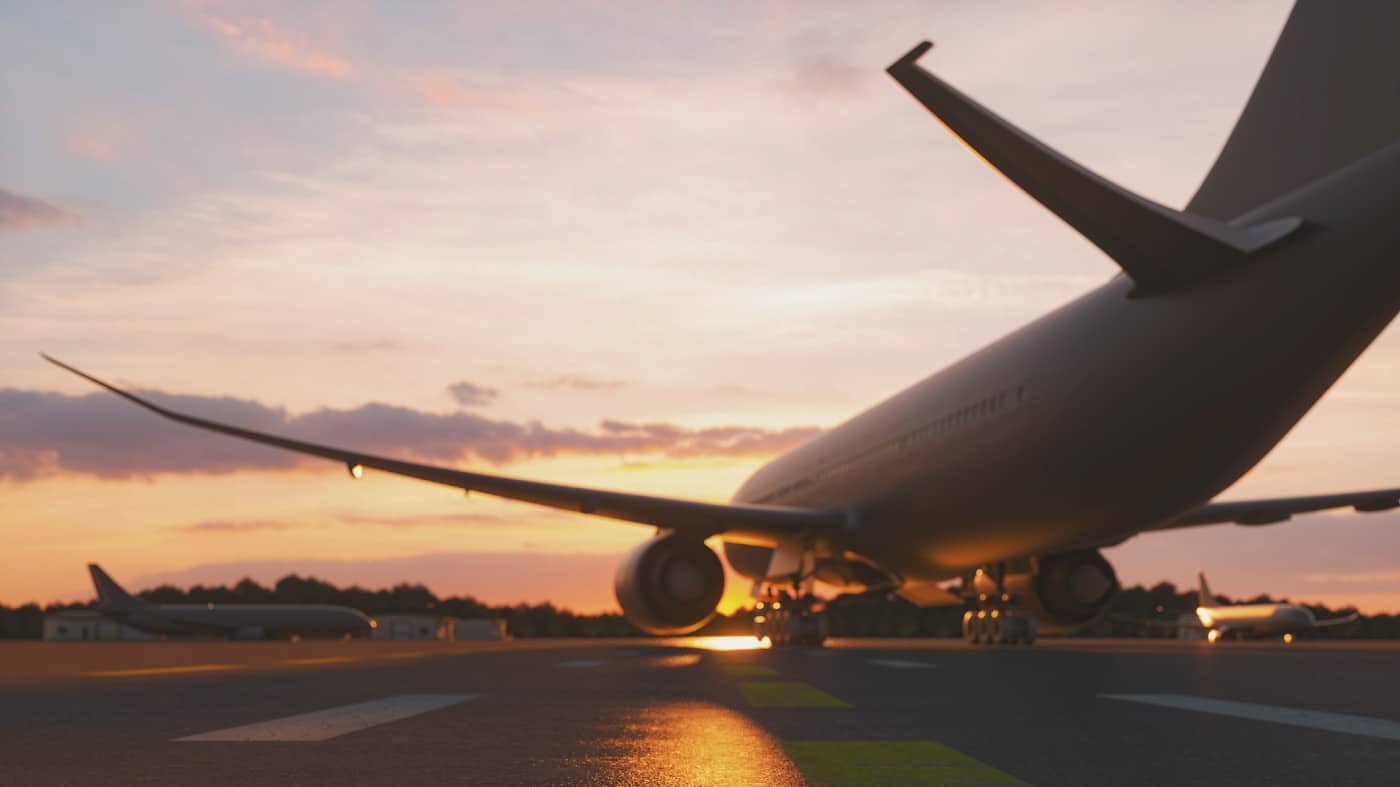FTSE 100 aviation firm International Consolidated Airlines Group (LSE: IAG) has not had an easy four years.
Like other airlines, it was hit by the widespread onset of Covid in early 2020. This caused passenger numbers across the key global airline hubs to fall over 90% that year and in 2021.
In February 2022, Russia’s invasion of Ukraine caused an enduring spike in oil prices, dragging jet fuel higher with it.
Should you invest £1,000 in BP right now?
When investing expert Mark Rogers has a stock tip, it can pay to listen. After all, the flagship Motley Fool Share Advisor newsletter he has run for nearly a decade has provided thousands of paying members with top stock recommendations from the UK and US markets. And right now, Mark thinks there are 6 standout stocks that investors should consider buying. Want to see if BP made the list?
This rise in energy prices also pushed inflation higher, leading to a cost-of-living crisis.
There are still significant risks in the stock. The cost of living is still very high, which may cause many to delay annual travel plans again.
The Russia-Ukraine war rages on, and a newer war between Israel and Hamas with it. Both have the potential to cause similar spikes in oil prices.
And there could be another pandemic – a variant of Covid, or a new disease.
However, 2024 may be better for airlines, according to a 6 December report from the International Air Transport Association (IATA).
Business recovery to continue?
It forecasts that total revenues for the world’s airlines will grow 7.6% year on year, to a record $964bn. And the airlines’ operating profits are predicted to reach $49.3bn in 2024, from $40.7bn this year.
Even before this, H1 this year saw British Airways’ parent company IAG swing back into the black. It posted a pre-tax profit of €1.04bn, following a loss of €843m a year before.
This was driven by a 45% increase in revenues (to €13.6bn). IAG – which also owns Iberia, Aer Lingus, and Vueling – attributed this to strong demand for flights and higher ticket prices.
Analysts’ expectations are that its earnings and revenue will increase respectively by 0.6% and 3.7% a year to end-2026.
Very undervalued to its peers
Before the major Covid outbreaks in early 2020, IAG’s share price was over 600p. Now it is 172p. The huge fall was fully justified by real-world events, but is it still?
It currently trades at a price-to-earnings (P/E) ratio of just 3.8. American Airlines is at 5.9, Jet2 at 6.4, Wizz Air at 9.3, and easyJet at 11.6.
IAG looks very undervalued against this peer group average of 8.3. It looks even more undervalued compared to the global airlines’ industry average of 8.6.
To ascertain how much, I applied the discounted cash flow (DCF) model, using several analysts’ valuations and my own.
The core assessments for IAG are between 62% and 72% undervalued. The lowest of these would give a fair value per share of £4.53, against the current £1.72.
This does not mean the shares will reach that price, of course. However, it does underline to me again that they appear to be very good value indeed.
So, is this the right stock for my portfolio right now? When I turned 50, I sold all stocks I saw as especially risky from my portfolio. And I see IAG as such a stock now, as outlined earlier.
The reason is that the older I get, the less time I have to wait for a stock to recover from any major price drop.
However, before my milestone birthday, I probably would have bought it now for the long term.








